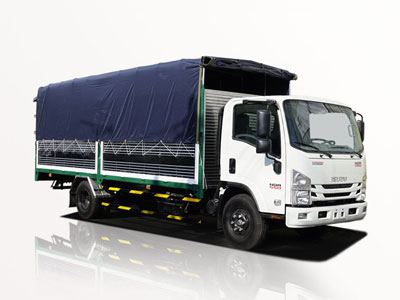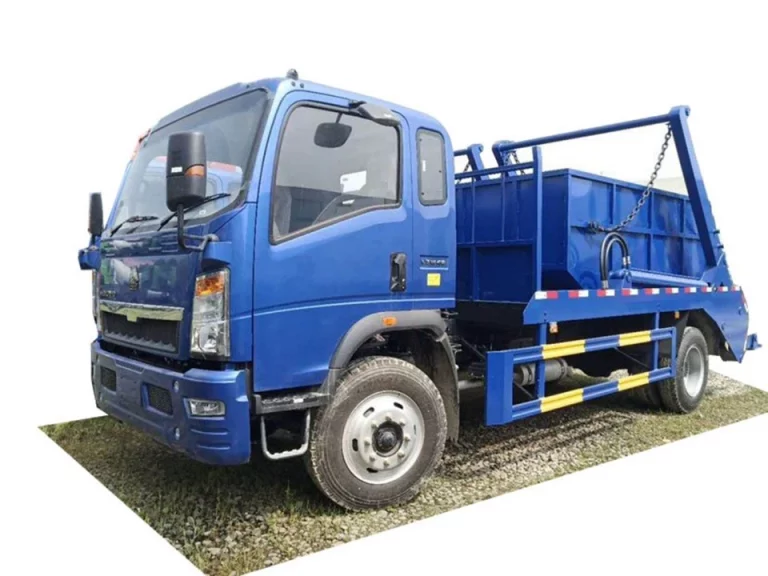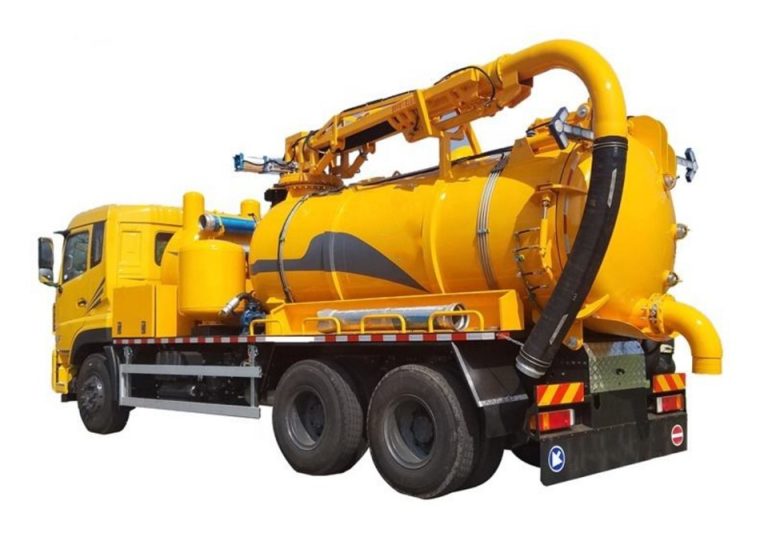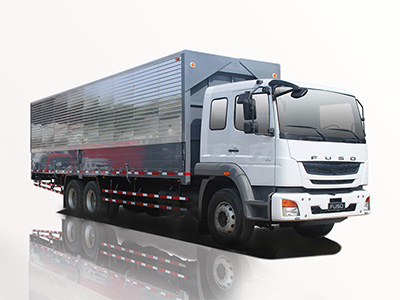In the world of transportation and logistics, semi van trailers play a crucial role. These versatile trailers are designed to transport various goods, making them an essential component of the supply chain. This guide delves deep into the features, benefits, types, maintenance tips, and everything else related to semi van trailers.
What Is a Semi Van Trailer?
A semi van trailer, also known as a box trailer, is a type of trailer used by trucks to transport goods. It is encapsulated, providing a weather-tight and secure environment for the cargo. Semi van trailers are typically towed by a semi-truck, which provides the necessary power and maneuverability for large hauls.
Key Features of Semi Van Trailers
- Enclosed Design: Protects cargo from weather conditions and theft.
- Variety of Sizes: Available in various lengths and heights to accommodate different loads.
- Durability: Built to withstand heavy loads and resist wear and tear.
- Loading Options: Equipped with rear doors, side doors, or roll-up doors for easy access.
Types of Semi Van Trailers
Standard Semi Van Trailers
Standard semi van trailers are the most common. They typically come in lengths ranging from 28 to 53 feet and are designed for general freight. These trailers are suitable for transporting a wide range of goods, including non-perishable items.
Refrigerated Semi Van Trailers
Reefers or refrigerated trailers are equipped with a cooling unit, making them ideal for transporting perishable goods such as food and pharmaceuticals. These trailers maintain a temperature-controlled environment to ensure the integrity of the cargo.
Flatbeds vs. Van Trailers
While both flatbeds and semi van trailers serve as cargo carriers, flatbeds allow for open transport without sides or a roof. This makes them suitable for oversized loads that don’t require protection from the elements.
Specialized Vans
Some semi van trailers are designed for specific cargo types, such as car carriers or tankers. These specialized vans come with features tailored to the unique needs of their cargo, ensuring safe and efficient transportation.
Benefits of Using Semi Van Trailers
Versatility in Transport
Semi van trailers can accommodate a broad range of cargo types, making them a flexible choice for logistics companies. Whether transporting furniture, electronics, or groceries, there’s a semi van trailer suited for the job.
Enhanced Security
The enclosed design of semi van trailers provides an extra layer of security for valuable goods. Lockable doors and solid construction deter theft and damage during transit.
Increased Efficiency
With the ability to carry significant loads, semi van trailers improve fuel efficiency by reducing the number of trips needed to transport goods. This efficiency translates into cost savings for trucking companies.
Common Uses of Semi Van Trailers
Logistics and Freight
Semi van trailers are predominantly used in the logistics and freight industries, often carrying general cargo for retailers and manufacturers. Their versatility allows logistics providers to optimize their routes and loads.
Food and Beverage
Refrigerated semi van trailers are essential for food and beverage companies. They ensure that perishable items remain fresh from the point of production to delivery locations.
Moving and Storage
Moving companies often utilize semi van trailers for residential and commercial moving services. Their large capacity allows for ample storage during the moving process.
Choosing the Right Semi Van Trailer
Assessing Your Cargo Needs
When choosing a semi van trailer, consider the type and weight of the cargo you intend to transport. Some trailers are better suited for heavier items, while others excel at lighter loads.
Length and Height Requirements
Different lengths and heights can accommodate various loading and unloading scenarios. Make sure the trailer’s dimensions fit your loading dock and vehicle size to avoid logistical issues.
Budget Considerations
| Trailer Type | Cost Range (New) | Cost Range (Used) |
|---|---|---|
| Standard Van Trailer | $30,000 – $50,000 | $15,000 – $30,000 |
| Refrigerated Van Trailer | $50,000 – $80,000 | $25,000 – $50,000 |
| Specialized Van Trailer | $70,000 – $150,000 | $35,000 – $90,000 |
Consider both new and used options depending on your company’s budget and operational needs.
Maintenance Tips for Semi Van Trailers
Regular Inspections
It’s critical to conduct regular inspections of both the trailer’s structural integrity and its component systems, including brakes, tires, and lights. Look for signs of wear and tear during each inspection.
Cleaning and Washouts
Keeping the trailer clean helps prevent rust and contamination, especially for refrigerated trailers that transport food products. Regular washouts maintain hygiene and ensure cargo safety.
Tire Maintenance
Checking Tire Pressure
Maintaining the correct tire pressure is essential for safe and efficient driving. Check pressure before each trip to prevent blowouts.
Rotating Tires
Regular tire rotation extends the life of tires and improves handling. Aim to rotate tires every 5,000 to 6,000 miles.
Regulations and Compliance
DOT Regulations
In the U.S., semi van trailers must adhere to regulations set by the Department of Transportation (DOT). This includes size limits, weight limits, and safety standards to ensure road safety.
Licenses and Permits
Drivers towing semi van trailers need a Commercial Driver’s License (CDL). Depending on the cargo, additional permits may be required, particularly for hazardous materials.
Future Trends in Semi Van Trailers
Technological Advancements
Innovations such as telematics and GPS tracking systems are increasingly integrated into semi van trailers. These technologies help improve efficiency and provide real-time data on trailer conditions and locations.
Sustainability Initiatives
As the trucking industry shifts towards sustainability, there’s growing interest in eco-friendly semi van trailers. Lightweight materials and alternative fuels are being explored to minimize environmental impact.
FAQ about Semi Van Trailers
1. What are the standard dimensions of a semi van trailer?
Standard semi van trailers typically range from 28 to 53 feet in length and can vary in height from 8.5 to 13.5 feet.
2. How much weight can a semi van trailer carry?
The weight capacity varies depending on the trailer type, but most can handle between 20,000 to 45,000 pounds, depending on the axle configuration and state regulations.
3. How do you maintain a semi van trailer?
Regular inspections, cleaning, tire maintenance, and timely repairs are crucial for maintaining semi van trailers. Follow manufacturer recommendations for upkeep and servicing.
4. Can semi van trailers be used for international shipping?
Yes, semi van trailers can be used for international shipping, but they must comply with the import/export regulations of the destination country. This may include weight restrictions and documentation.
5. What is the difference between a semi van trailer and a dry van trailer?
There is no significant difference; both terms are often used interchangeably. Dry van trailers are a subcategory of semi van trailers specifically designed for non-perishable goods.
6. Are semi van trailers insulated?
Standard semi van trailers are not insulated, while refrigerated semi van trailers are designed with insulation to maintain temperature control for perishable items.



